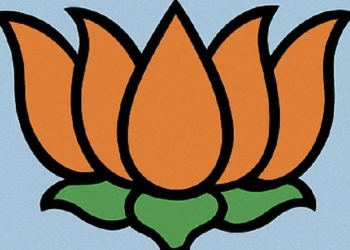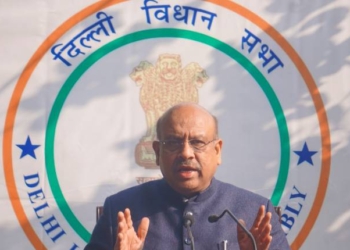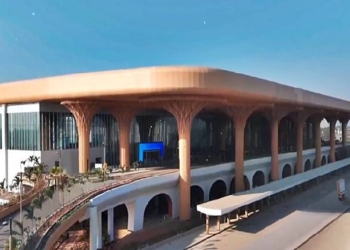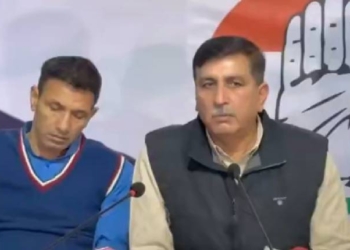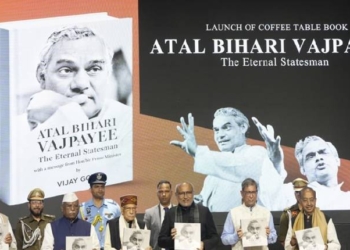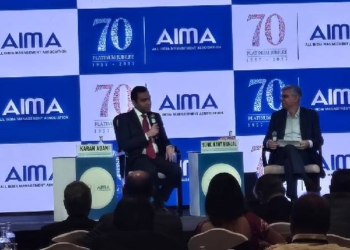New Delhi: The Delhi High Court on Thursday expressed satisfaction at the decision of the Delhi Health Minister and Health Secretary to adopt the Central government statute, The Clinical Establishments (Registration and Regulation) Act, 2010, to regulate clinical facilities across the national capital.
The high court had issued a stern warning to Delhi Health Minister Saurabh Bhardwaj and Health Secretary S.B. Deepak Kumar last time, threatening jail if they fail to comply with court orders aimed at shutting down unauthorised pathology labs in the national capital.
The Delhi government on Thursday informed that both the Health Minister and the Health and Family Welfare Secretary have agreed to advance the Delhi Health Establishments (Registration and Regulation) Bill to the Centre for requisite approval.
Meanwhile, to ensure immediate regulation, the Central government statute will be enforced in Delhi.
A bench of Acting Chief Justice Manmohan and Justice Manmohan P.S. Arora commended this development, stating, “This court is happy to note that after the last hearing, the Delhi Health Minister and the Secretary (Health and Family Welfare) have agreed…”
Acknowledging the authorities’ commitment, the bench disposed of the 2018 petition by Bejon Kumar Misra, alleging the operation of unauthorised laboratories and diagnostic centres by unqualified technicians in Delhi.
Earlier, taking a stern stance on the delay in enacting legislation to regulate clinical establishments, including laboratories, within the national capital, the court had asked the Minister and Secretary to appear personally before the court.
The bench had expressed frustration with the apparent power struggle between the Minister and the Health Secretary, saying that their disagreements should not hinder the execution of court directives.
The court’s last directive came in response to an email indicating that the Health Minister was not adequately informed during discussions concerning the Delhi Health Establishments (Registration and Regulation) Bill, 2022, also known as the Delhi Health Bill.
The bench had expressed dismay over the prolonged delay, remarking: “We can only say it is a sorry state of affairs. This has been pending for the last five years.”
The court had directed the Delhi government to expedite the process of finalising the bill, or alternatively, consider implementing the Clinical Establishments (Registration and Regulation) Act, 2010.
The Delhi government, in response, had assured the court of its proactive efforts to draft and enact a law to regulate clinical establishments, stressing the necessity to safeguard patient and healthcare provider interests.
However, Misra’s counsel had argued that the absence of regulation poses a significant threat to citizens’ lives, with an estimated 20,000 to 25,000 illegal pathological and diagnostic labs operating in the city.
The bench had said that the ongoing dispute between Bhardwaj and Deepak Kumar could not be an excuse for non-compliance with its orders, warning that it would not hesitate to jail them if their inaction continued to harm the public interest.
As the Minister argued that the Delhi Health Bill had been finalised and sought the court’s assistance in navigating political obstacles to its enactment, the acting Chief Justice had dismissed the notion of the court being used as a pawn in political games, stressing the urgent need for interim measures to prevent the public from receiving inaccurate medical reports.
The court had ordered the Minister and the Secretary to collaborate closely to address the issues raised by the petitioner and to establish a fair and effective regulatory system for pathology labs as soon as possible.
(IANS)





